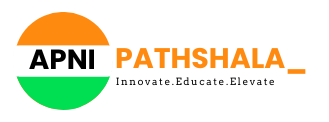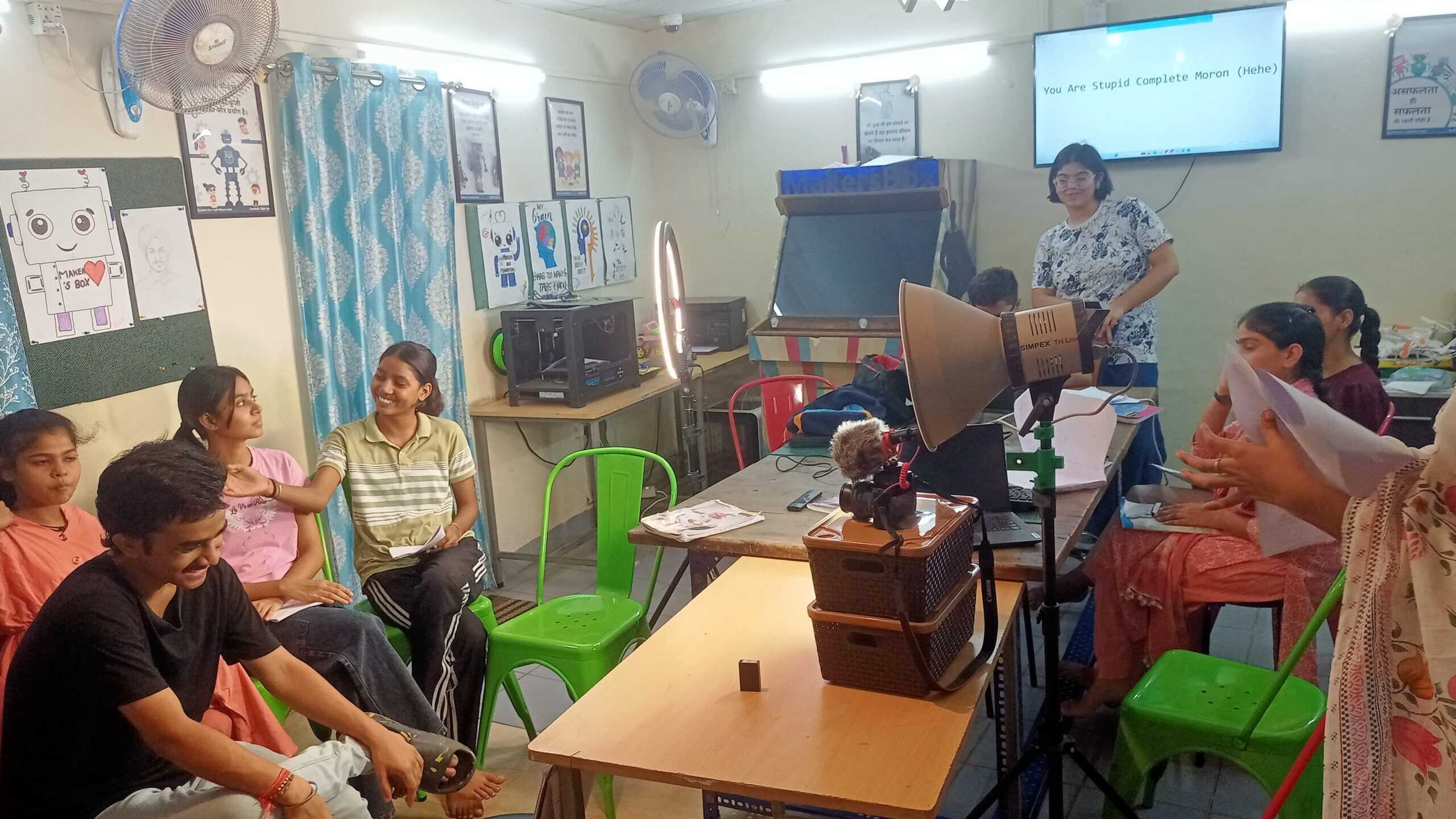Kids learn best when they feel connected, safe, and excited to explore. That’s the magic of learning pods! Unlike big classrooms where children can feel lost or stressed, learning pods create small, friendly groups where kids not only learn their lessons but also grow emotionally. From building strong friendships to boosting confidence, there are great mental health benefits of learning pods that help children improve. Want to know how? Have a look here:
1. Social Skills Development
One of the great benefits of learning pods for children is that they help kids build important social skills. Unlike traditional classrooms, where students might feel alone, learning pods create a friendly community that encourages kids to interact and work together.
Building Meaningful Relationships
In a learning pod, children work in small groups where they can:
- Improve Communication Skills: By talking with each other often, kids learn to share their ideas clearly and ask questions, which helps them get involved.
- Practice Empathy: When they work closely with their classmates, children learn to understand how others feel and think. This builds kindness and awareness.
- Learn to Resolve Conflicts: When disagreements happen, children practise solving problems and understand the importance of finding a middle ground.
The Importance of Social-Emotional Learning
Social-emotional learning (SEL) is very important for children’s growth. Learning pods include SEL in everyday activities, helping kids become more aware of their feelings and those of others. This approach helps children feel like they belong, making them feel valued and accepted. And this forms the foundation of mental health benefits of learning pods for children.
2. Increased Motivation and Engagement
Secondly, learning pods for children are an exciting way to increase motivation and engagement in education. By creating a more personalised learning experience that is specific to each child’s unique needs, learning pods bring out the best in every student.
Customised Learning Experiences
With smaller groups, teachers can easily adjust their lessons to match each child’s learning style. This leads to:
- Greater Interest in Learning: When kids work with topics that connect with their interests, they naturally become more curious and enthusiastic. They’re not just doing it for the sake of it, they’re genuinely interested in what they’re learning!
- Ownership of Their Learning Journey: Giving children some choice in how they learn empowers them. When they feel involved, they take more responsibility for their education, making them motivated to keep learning and succeeding.
The Power of Peer Motivation
One of the most powerful aspects of learning pods for children is the peer support that develops. Kids learn and grow together, cheering each other on, and pushing each other to reach new heights. This has a really positive impact where kids naturally motivate one another.
By being surrounded by supportive classmates with similar goals, children feel excited to participate and engage more deeply in their studies. This ultimately boosts their overall learning experience and provides great mental health benefits.

3. Improved Mental Health and Well-Being
With everything going around- mental health, especially of kids, should be given utmost importance! And already mentioned that the mental health benefits of learning pods are extremely great. Traditional educational settings can often lead to anxiety and stress, but learning pods provide a more relaxed and supportive atmosphere.
Reduced Anxiety Levels
Learning pods are a wonderful way to reduce anxiety in children by creating a safe, supportive environment where they can truly be themselves. With smaller group sizes, kids feel less pressure and more freedom to learn and grow at their own pace.
Safe Space to Express Themselves
In a close and comfortable setting, children feel secure enough to open up about their thoughts and challenges. This safe environment allows them to:
- Express Themselves Freely: Kids can share their ideas and struggles without the fear of being judged. They feel accepted, which helps them be more open and honest about what they need help with.
- Build Confidence: When children participate in discussions and activities designed just for them, they feel capable and valued. This boosts their self-esteem and belief in their abilities, making them more likely to take on challenges with a positive mindset.
4. Encouragement of Critical Thinking and Problem-Solving Skills
Another psychological benefit of learning pods is that they are fantastic for building critical thinking and creativity in children—skills that are crucial for their academic success and personal growth. By engaging in group activities, kids learn to think deeply and explore their creative potential.
Group Learning Opportunities
In a learning pod, children work together on group projects, which helps them:
- Develop Critical Thinking Skills: Group discussions and problem-solving challenges encourage kids to analyse information, ask questions, and make informed decisions. They learn to see different perspectives and think beyond the surface.
- Nurture Creativity: Working with classmates on brainstorming sessions sparks new ideas and unique solutions. This process makes learning fun and exciting, as kids discover new and creative ways to solve problems.
Practical Application of Skills
Many learning pods use project-based learning, where children apply what they’ve learned to real-world situations. This is by far the best approach as it helps children understand the concept even more deeply:
- Deepen Their Understanding: By working on practical projects, kids gain a clearer grasp of academic concepts and see how their learning connects to real life.
- Prepare for Future Challenges: Learning in this way builds problem-solving skills and prepares kids to handle challenges they might face in the future.
5. Strong Family and Community Connections
Learning pods do more than just help children academically—they create meaningful opportunities for families and communities to get involved in the learning process. This involvement builds a supportive network around each child, enhancing their growth and development.
Increased Family Involvement
Learning pods often welcome parents into the learning journey, allowing families to:
- Support Their Child’s Education: Parents can work closely with educators to revise what’s taught in the pod, creating a great learning experience at home. This extra support helps children better understand and apply what they’re learning.
- Build a Strong Community Network: Learning pods bring families together, forming a network of parents who support each other and share insights. This community connection not only benefits the kids academically but also encourages positive social growth and friendships among families.
The psychological benefits of learning pods for children are vast and impactful. From enhancing social skills to improving mental health, learning pods offer a unique educational approach that addresses both emotional and academic needs. By promoting critical thinking, motivation, and community connections, learning pods serve as a valuable tool in today’s educational area.At Apni Pathshala, we recognize the importance of nurturing not only academic skills but also the psychological well-being of children. Our learning pods are designed to create a safe and engaging environment where children can grow together. Here, they develop essential social and emotional skills that will benefit them for years to come. Join us in creating a brighter future for our children with the help of learning pods!

